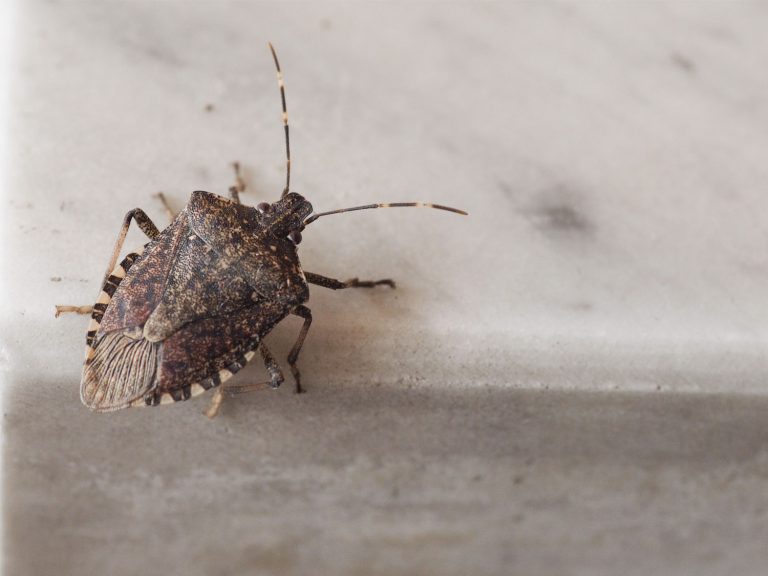
Date:
Brown Marmorated Stink Bug Season 2025
The Brown Marmorated Stink Bug (BMSB) is an agricultural pest native to China, Japan and the Korean peninsula. Each year, Australia and New Zealand enforce strict controls from 1 September through 30 April to prevent the introduction of this invasive pest through international trade.
Accidentally introduced into the United States twenty years ago, the Brown Marmorated Stink Bug (BMSB) is also established in South America and Europe and remains a significant biosecurity threat to Australia and New Zealand.
Non-compliance with BMSB regulations can lead to severe delays, additional costs, or even re-exportation of the shipment. To avoid these complications, importers are strongly encouraged to complete BMSB treatments offshore before the goods arrive in Australia or New Zealand. Accurate and early documentation, including treatment certificates, is essential for expediting inspections and clearing shipments.
New for 2025/26
– Emerging Risk Countries: The UK has been added as an emerging risk country, alongside the Republic of Korea and Japan. These countries will be subject to heightened surveillance and random inspections.
– Airfreight Inspections: High-risk goods arriving as airfreight from the United States and China will now be subject to random inspections.
– New Treatment Option: Ethyl Formate has been introduced as an additional offshore fumigation treatment option alongside existing treatments like sulfuryl fluoride and methyl bromide.
– Updated In-Transit and Rolled Policy: A new application process allows for onshore re-treatment approval under specified conditions, providing options for shipments under review or treatment provider suspension.
Risk Countries and Target Goods
The seasonal measures apply to targeted goods manufactured in or shipped from designated risk countries, including 38 core countries and the new emerging risk countries listed above. The measures focus on:
- Vehicles, machinery parts, tyres, wood articles, and other high-risk goods.
- Breakbulk, open top, and flat rack containers require strict offshore treatment.
- Containerised cargo may be treated offshore or onshore without deconsolidation.
- LCL cargoes are managed at the container level with offshore treatment strongly recommended.
- Goods in fully sealed containers loaded and sealed before 1 September may be exempt.
Compliance Recommendations
- Arrange offshore fumigation treatment early wherever possible, as onshore capacity is limited and delays may occur.
- Ensure cargo packaging permits effective fumigation or heat treatment penetration.
- Regulations do not apply to packaging materials like cardboard or pallets.
- Use DAFF-approved treatment providers and maintain required certification documentation.
Metro’s Support Through Preparedness
Metro’s CEO and Managing Director recently undertook visits to partners and clients in Australia, reinforcing their commitment to ensuring all stakeholders are fully aligned and well-prepared for the Brown Marmorated Stink Bug (BMSB) season.
By working closely with treatment providers and quarantine authorities, Metro has strengthened its capability to meet the strict biosecurity standards demanded. The company has also established dedicated staging and treatment facilities, to minimise potential disruptions.
These facilities are sterilised to meet quarantine and inspection standards, such as those set by the Australian Quarantine and Inspection Service (AQIS), providing a controlled environment for the inspection, cleaning, and fumigation of high-risk cargo.
By ensuring that cargo is treated and transported within a sterile environment, it bypasses quarantine checks upon arrival and moves directly to the destination staging facility for unloading and further distribution, thus streamlining the delivery process and meeting BMSB compliance standards.
Metro remains dedicated to simplifying this complex biosecurity landscape, enabling customers to ship with confidence during the 2025/26 BMSB season.
